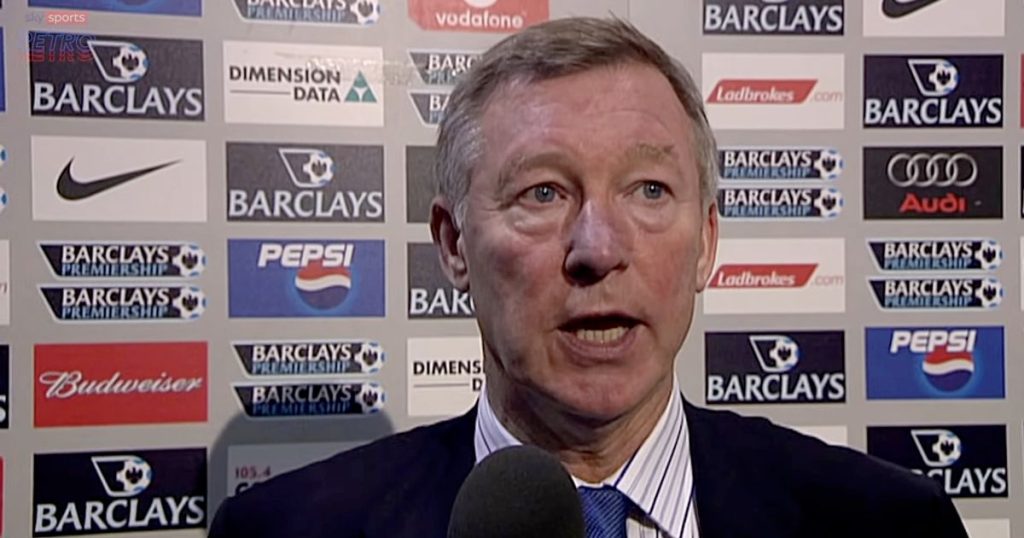Nicky Butt faced Sir Alex Ferguson’s anger after Manchester United’s Champions League exit in 1998, with Ferguson blaming Butt for not making the final. Despite a successful run in the 1997/98 season, the Red Devils were eliminated by Monaco, leading to Ferguson’s frustration and Butt feeling responsible for giving away the ball that led to Monaco’s goal. The defeat marked 30 years since United’s last European Cup triumph and added to the team’s consistent failures in the Champions League. Butt described the defeat as a disaster and revealed Ferguson’s heated reaction after the match, targeting Butt as the reason behind their exit.
Erik ten Hag believes he should stay as Man Utd manager next season due to “common sense,” despite uncertainties about his future. Meanwhile, a former player recalls a contentious exit from Arsenal, highlighting multiple offers from other clubs. The focus remains on Butt’s role in United’s disappointing loss in the Champions League, as Ferguson’s anger towards him intensified after the match. The defeat had significant implications for the team, prolonging their wait for another European triumph and strengthening the reputation of their Champions League struggles.
Reflecting on the defeat in the ’99’ documentary, Butt acknowledged the weight of United’s repeated Champions League failures and the pressure to succeed in the competition. He recounted the sequence of events that led to Monaco’s early goal, detailing his involvement in giving away the ball that led to their downfall. Ferguson’s blame towards Butt in the aftermath of the match showcased the emotional toll of the defeat on both the players and the manager. The disappointment of missing out on the final added to United’s history of near-misses and highlighted the difficulties they faced in European competitions.
The discussion around United’s Champions League exit in 1998 sheds light on the high stakes and intense emotions involved in elite football competitions. Butt’s admission of responsibility and Ferguson’s reaction illustrate the pressure that comes with managing a top-tier team like United. The defeat served as a reminder of the club’s past successes and challenges in European competitions, shaping their ongoing quest for another triumph. The aftermath of the match revealed the complexities of dealing with defeat at the highest level of the sport and highlighted the resilience required to bounce back from such setbacks.
The focus on Butt’s role in the Champions League exit underscores the individual responsibilities and collective challenges faced by football teams in crucial moments. Ferguson’s blame towards Butt exemplified the need for accountability and the search for explanations in the face of defeat. The episode served as a learning experience for the team and contributed to their journey towards future successes in European competitions. Butt’s reflections on the match highlighted the personal impact of such defeats on players and their relationships with managers, showcasing the human side of professional football.
Ultimately, the story of Manchester United’s Champions League exit in 1998, the aftermath of the defeat, and the reactions from players and the manager encapsulate the drama and intensity of high-stakes football competitions. Butt’s recollection of the events, Ferguson’s response, and the team’s journey towards redemption paint a vivid picture of the challenges and triumphs experienced by top football clubs. The narrative of defeat, blame, and resilience in the face of setbacks adds depth to the team’s history and legacy in European football, shaping their ongoing pursuit of glory in one of the sport’s most prestigious competitions.


